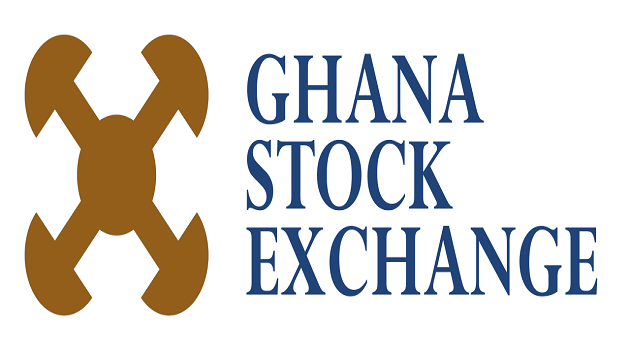Head of Research at DataBank, Alex Boahen, has described the country’s financial stocks as grossly undervalued, noting that, there exists enormous potential for capital appreciation on the equities side of the market.
The undervaluation, he noted, is even more pronounced in the financial sector, particularly among banking stocks, which, according to him, are attractively valued with some approaching their fair value and others ripe for profit-taking.
This development is happening despite banks returning to profitability, following the sector clean-up and in the face of COVID-19, with high asset quality and non-performing loan ratios dropping to the mid-teens across the industry and reflected in healthy balance sheets. However, this has not translated into the share prices of most listed banks.
“In terms of the stock prices for banks, the growth has been much slower than the fundamentals. If you look at it, this year, many stocks have performed well in the FMCG, telecommunications, and the oil and gas sectors, but we cannot say the same for the banks. Banks have not lived up to the expectations this year, despite their attractive valuation,” he said in an interview with the B&FT.
“The market is still grossly undervalued and we see that the long-term price-to-earnings (P/E) ratio, which has typically been around the 12x mark, is currently around 5x,” he said.
The price to earnings ratio, ratio, which relates share price to the earnings-per-share (EPS), is a crucial tool for determining the value of a stock or index, as it indicates how much an investor must pay to partake in the earnings of the stock.
Macroeconomic concerns persist
Mr. Boahen stated that despite the aforementioned factors and the dedicated Financial Stocks Index (GSE-FSI) being poised for a positive return for the first time since the sector clean-up, reemerging concerns over COVID-19 and the fiscal space might see the growth potential of the financial stocks hampered in the coming months.
“Generally, we expected the sector to do better this year and, maybe, it might in the near future. But the simmering risks from COVID-19 and the fiscal side look to put that on hold. Once the fiscal side is affected, it would trickle down to every major index and the financial sector will not be spared.”
Dip to continue into 2022
Analyst with UMB stockbrokers, Kofi Bussia Kyei, also an interview with B&FT said: “We still have a large proportion of the investing public who are not sure of the market, even though the market has had some improved activities; but the events of the recent past remain lingering in investors’ mind, so, it will take some time.”
He forecasted a suppressed performance of the market, given that investors are ‘short-selling’ their stocks with the intention of repurchasing it later at a lower price.
“The market potential is there, as companies especially financial stocks are posting very good results but the market is still undervalued. Largely, the investing population is skeptical about what the future holds for the stock market.
Even with the returns we are seeing now, investors on the market are expected to short-sell part of their investments in order to make some gains. This would in a way suppress the performance in the coming year. Although in the coming year, the performance will be positive, it will not be like it is in 2021,” he remarked.
GSE Composite Index (GSE-CI) has seen activity recede recently, with an overall year-to-date gain of 44.73 percent. The GSE-FSI, on the other hand, has returned 16.32 percent to investors.




